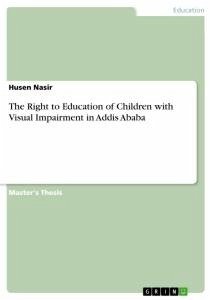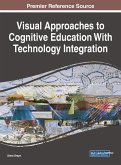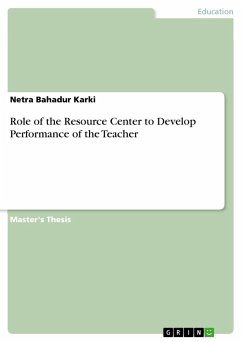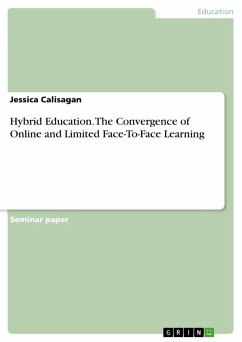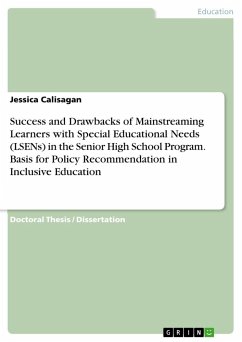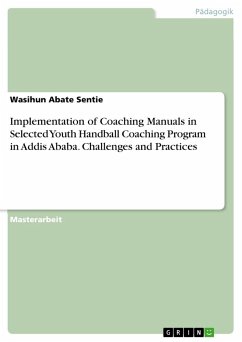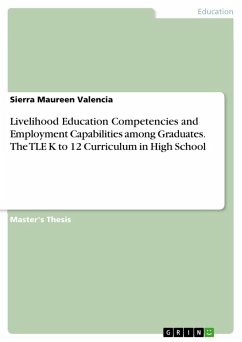Master's Thesis from the year 2020 in the subject Pedagogy - Inclusion, grade: A, , language: English, abstract: "Education for all" is a broadly accepted maxim according to which the right to education should be availed to everyone regardless of any discrimination whatsoever. This maxim has got its way to various international human rights instruments UDHR being the pioneer one. All the instruments but the CRPD has contained provisions with regard to the right to education in a broader context making everyone to be the beneficiaries thereof. The latter, however, contextualized the right to persons with disabilities wherein children with visual impairment (CWVI) are categorized. Ethiopia has ratified all these instruments thereby making them integral parts of its law. By doing so, it has committed itself to work towards the realization of the right to education to the CWVI. As a move to that effect, it has formulated various policies and strategies confirming such right to the group on top of which provide the need to deliver special assistance to the group as their need so requires. Despite all this, however, CWVI are not enjoying such right of them in the required level be it in the country in general or in Addis Ababa in particular (which is the focus of this study). This being the case, this study undertakes to examine the hindrances attributed to the low-level access of the right to CWVI as well as reasons that could account for the low quality of education given to the group. After doing so, it attempts to come up with the possible solutions to be put in place to tackle such hindrances.
Hinweis: Dieser Artikel kann nur an eine deutsche Lieferadresse ausgeliefert werden.
Hinweis: Dieser Artikel kann nur an eine deutsche Lieferadresse ausgeliefert werden.

